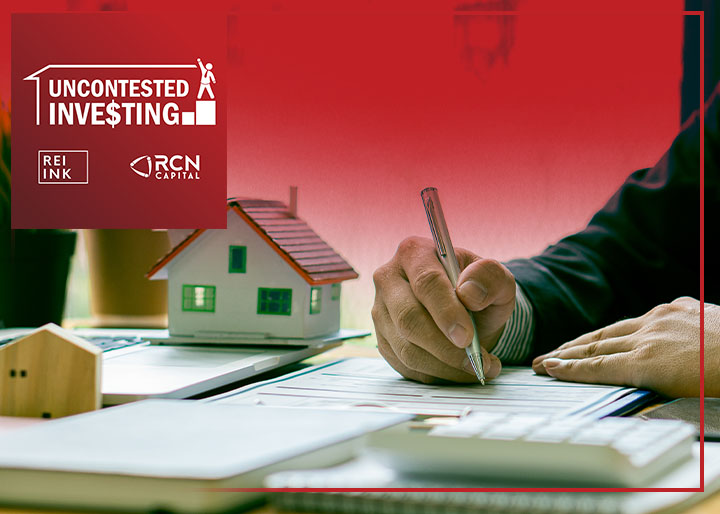How To Raise Money To Get Through Tough Times With Brandon Brittingham
With the current market we’re dealing with, raising money is a challenge for everyone, especially the investors. Many business owners make a mistake as they walk on a journey of a sale’s mind instead of walking through a consumer’s mind. In this episode, Brandon Brittingham shares how you can raise money with a business owner mindset to get through tough times. He also shares his experience on how he
Read More








